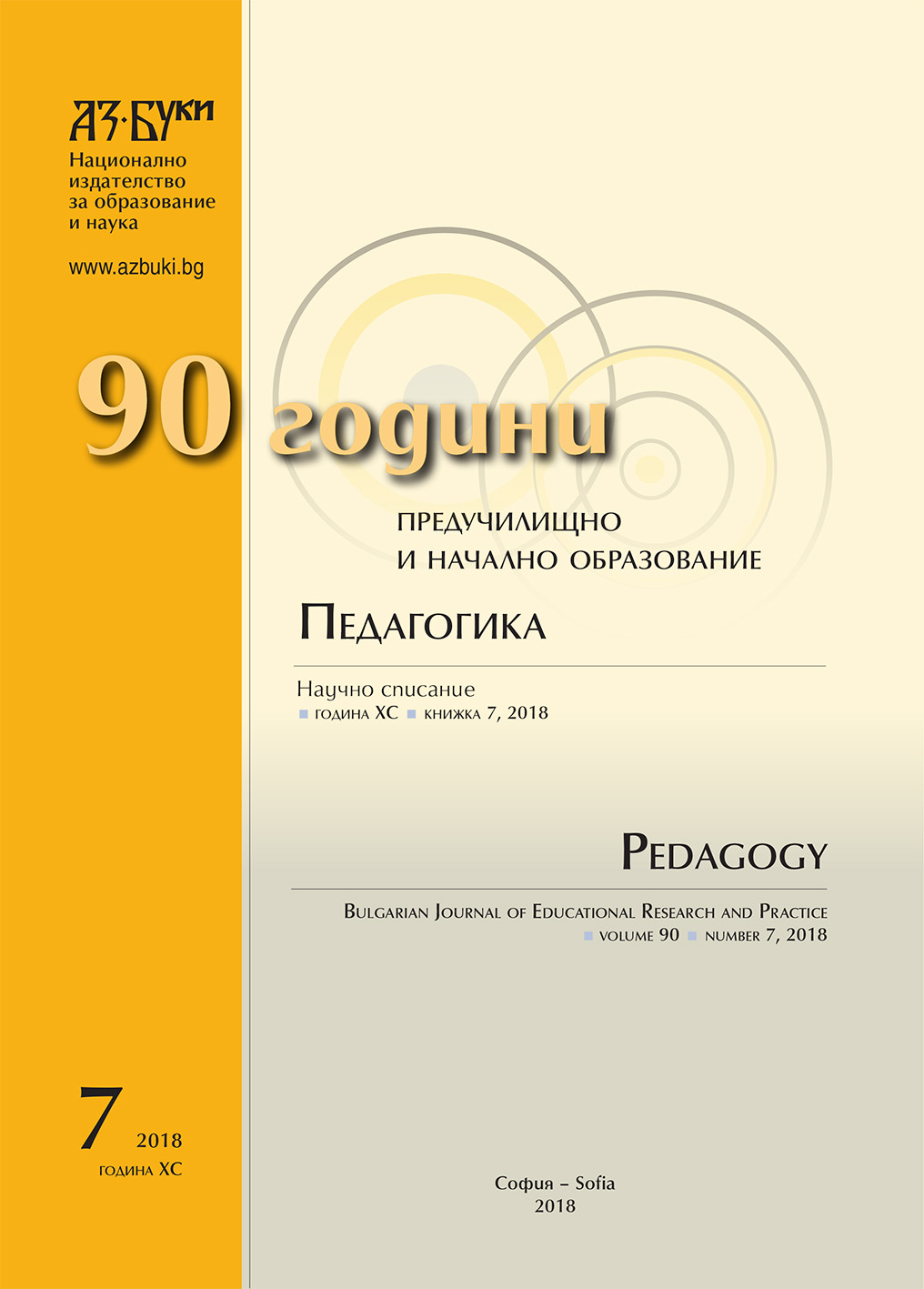Ефективна организация на процесa на адаптация от семейна към институционализирана образователна среда – ключ към успешната социализация на детето
Effective Organization of the Process of Adaptation from the Family to the Institutional Educational Environment – a Key to the Successful Socialization of Children
Author(s): Diana AndonovaSubject(s): Social Sciences, Education, Sociology, Preschool education, School education, Vocational Education, Adult Education, History of Education, Educational Psychology, State/Government and Education, Social development, Social differentiation, Family and social welfare, Social Informatics, Economic development, Social Norms / Social Control, Globalization, Sociology of Education, Identity of Collectives
Published by: Национално издателство за образование и наука „Аз-буки“
Keywords: adaptation to kindergarten; attachment theory; toxic stress; Berlin adaptation model; socialization
Summary/Abstract: The primary transition from the family environment to educational institutions during the period of early childhood and pre-school years is linked to a number of challenges and difficulties for the adapting child, for the parents and the educators. The organisation of the adaptation process, based on classical and contemporary scientific approaches and well-established practices abroad has a key role in child development. The Berlin adaptation model has been successfully implemented in a number of countries and has proven to facilitate the adaptation process for all participants. The minimization of the child‘s toxic stress during his/her socialization in kindergarten is of fundamental importance for his/her cognitive achievements in the future.
Journal: Педагогика
- Issue Year: 90/2018
- Issue No: 7
- Page Range: 993-1000
- Page Count: 8
- Language: Bulgarian
- Content File-PDF

